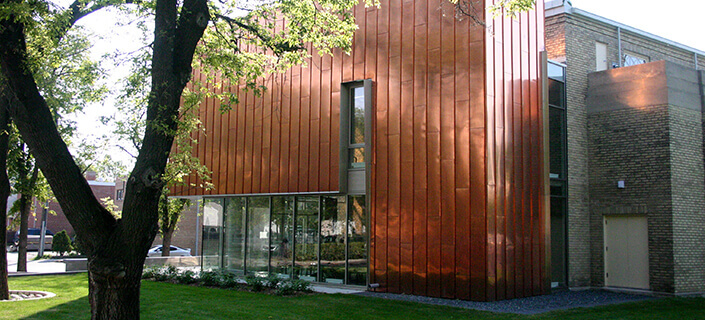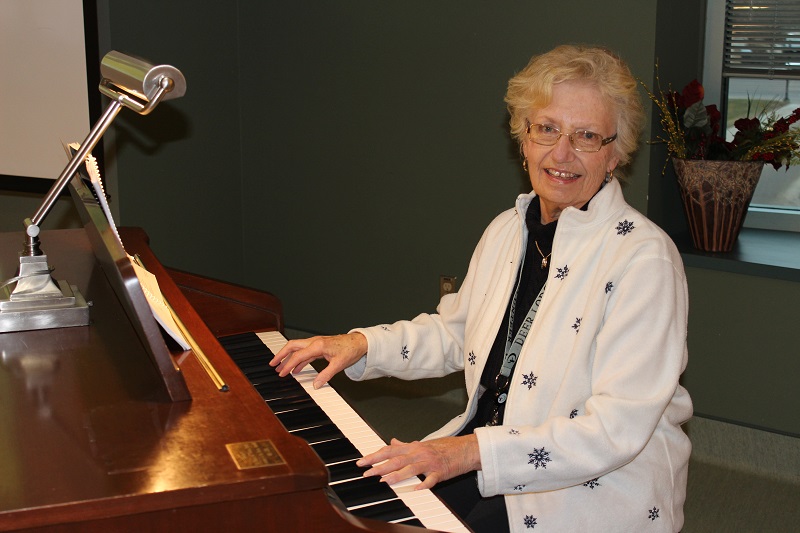
As Deer Lodge Centre wraps up its 100th anniversary year, Manitoba’s leading geriatric healthcare and research facility is looking ahead to the future of chronic care.
“Most people associate Deer Lodge with veteran and senior care,” says Daryl Dyck, clinical nurse specialist at Deer Lodge. “Fully a third of our facility is dedicated to people of all ages who need to live in a supported environment.”
Deer Lodge currently provides 120 long-term chronic care beds spread out across three floors to people living with conditions that can’t be managed outside an institution, including ALS, advanced respiratory disease, renal failure, neurological injuries or disorders, and complex wounds. “We often see patients coming in with several conditions at once,” says Dyck.
Many chronic care patients are in their senior years, but some are much younger. “Today, we have a young man in his early thirties living in chronic care today who has Duchenne’s muscular dystrophy, who needs round-the-clock nursing support. We’ve cared for other patients as young as 18.”
As the aging of Manitoba’s population continues to accelerate, the demand for chronic care will likely grow, says Shannon Guerreiro, chief nursing officer at Deer Lodge.
“Health care is now so advanced that people are staying at home longer and aging in place. But when they do come to us, they’re far less functional than the patients we were treating 20 or 30 years ago.”
These changes have prompted Guerreiro and Dyck, who sit on Deer Lodge’s research advisory committee, to endorse a study this next year that will examine the uses and needs of chronic care in the centre.
“This is a population that’s not fully understood yet,” says Guerreiro. “We want to really define chronic care, find out who our patients are, what resources are available to support them and determine the gaps we need to fill. We want to help other health care facilities understand what makes someone a good candidate for chronic care, because we have the capacity and the expertise to provide what few other centres can.”
The view that chronic care is “the end of the road” for a patient is also due for a rewrite, says Cara Windle, clinical service leader in physiotherapy at Deer Lodge. She and other allied health professionals, who include social workers, occupational therapists, dietitians, and other specialists, have played a key role in improving quality of life for chronic care patients at Deer Lodge.
“For instance, we have been able to wean some patients off their feeding tubes after exploring their interest and ability to take foods again by mouth. Little gains turn into bigger gains over time for our patients when we focus on quality of life. In more than a few cases, we’ve been able to discharge people to less intensive levels of care because they don’t need us any more.”
The research study’s ultimate aim, says Dyck, is to help Deer Lodge fully live up to its motto, Making lives better. “What that really means is: nurturing potential, exploring possibilities, delivering compassion. When you arrive here, we’re going to do our best to improve your quality of life.”
“Because we want everybody who chooses Deer Lodge – whether you’re choosing for your mom or dad, or for yourself – to feel like you’ve made the right choice,” says Guerreiro. “We want you to feel that this is the best place for you to be.”
Recent News

Embracing Hope: The Impact of DLC’s Movement Disorder Clinic

Winnipeg Jets Parkinson’s Disease Awareness Game!

